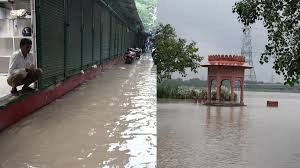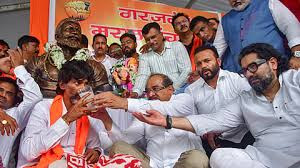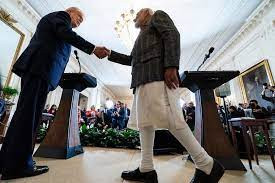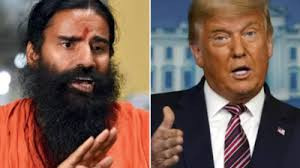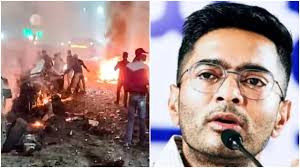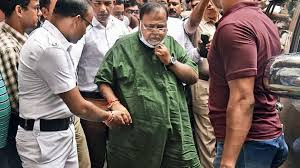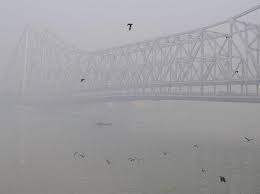Shoe Attack Attempt on CJI BR Gavai: Advocate Rakesh Kishore Suspended, Faces Contempt Action
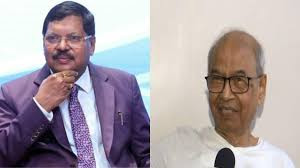
IIE DIGITAL DESK :The shocking incident unfolded inside the Supreme Court of India on Monday when advocate Rakesh Kishore, aged 71, allegedly attempted to hurl a shoe at Chief Justice of India (CJI) BR Gavai during court proceedings. The act, which briefly disrupted proceedings, was immediately contained as security personnel restrained Kishore inside the courtroom. The Bar Council of India swiftly suspended him following the incident, and now criminal contempt proceedings are being sought against him.
According to official sources, a letter has been sent to the Attorney General of India seeking permission to initiate criminal contempt action against Kishore for his act of gross indiscipline and disrespect toward the apex court. The Bar Council stated that such conduct by an advocate not only brings disrepute to the legal profession but also undermines the sanctity of judicial institutions. The shocking outburst has drawn widespread condemnation from across the political spectrum and the legal fraternity.
Speaking to news agency ANI a day after the incident, Kishore remained unrepentant and said he acted out of “emotional pain” over what he described as the Supreme Court’s repeated interference in Hindu religious matters. “No, the thing is, I was deeply hurt. On September 16, a PIL was filed in the Chief Justice’s court. Justice Gavai completely mocked it. He said, ‘Go pray to the idol, ask the idol to restore its own head,’” Kishore claimed. He insisted that his act was not motivated by anger or political ideology but by what he termed as “deep emotional pain.”
Despite admitting his actions were deliberate, Kishore refused to express regret. “Although I am strongly against violence, you must also consider why a non-violent, simple, honest person had to do all this. This is certainly something worth thinking about,” he said, describing himself as an ordinary citizen without any political connections or criminal background. He further alleged that the judiciary has been adopting a biased approach depending on the communities involved in specific cases.
Kishore claimed that the court reacts differently when cases concern non-Hindu communities. Citing examples, he said, “When cases come up against other communities, the court takes big steps. In Haldwani, railway land is encroached upon by a specific community. When attempts were made to remove it, the Supreme Court imposed a stay three years ago, which is still in effect. Similarly, in the Nupur Sharma case, the court said, ‘You have spoiled the atmosphere.’ But whenever issues related to our Sanatan Dharma arise — whether Jallikattu, Dahi Handi, or anything else — the Supreme Court continues to pass some kind of order.”
Kishore also criticised Chief Justice Gavai’s remarks during a recent visit to Mauritius, where the CJI had questioned whether bulldozer actions in Uttar Pradesh were constitutionally valid. “The CJI should think that when he is sitting on such a high constitutional post, he should understand the meaning of 'Milord' and uphold its dignity. I am hurt and will continue to be so,” Kishore said.
The attempted assault has triggered strong political reactions across party lines. The Bharatiya Janata Party (BJP) condemned the act, calling it an insult to the nation’s judiciary. Party national spokesperson Sudhanshu Trivedi stated that the incident had “hurt every Indian” and was “utterly condemnable” in light of India’s constitutional, social, and cultural values. Referring to Prime Minister Narendra Modi’s response, Trivedi said the Prime Minister had expressed deep anger over the incident and praised the calm and restraint shown by CJI Gavai during the episode. “It is the duty of every Indian to protect the dignity of the Constitution and its values. The way CJI Gavai exhibited patience signifies his unwavering faith in the constitutional system,” Trivedi said.
Leaders from several opposition parties, including the Congress, CPI, CPI(M), NCP-SP, Shiv Sena (UBT), and DMK, also issued strong condemnations. They described the act as “an assault on the Constitution” and a “dangerous new low in India’s democratic history.” The Opposition warned that such incidents reflect the rising climate of hate, fanaticism, and intolerance that threatens India’s democratic institutions.
The attempted attack on the Chief Justice of India has been widely described as a grave breach of judicial decorum and a reminder of the need to preserve the dignity of the court. As the legal process moves forward, the Supreme Court and the Bar Council are expected to take strict action to uphold the sanctity of the nation’s highest judicial authority.
You might also like!






